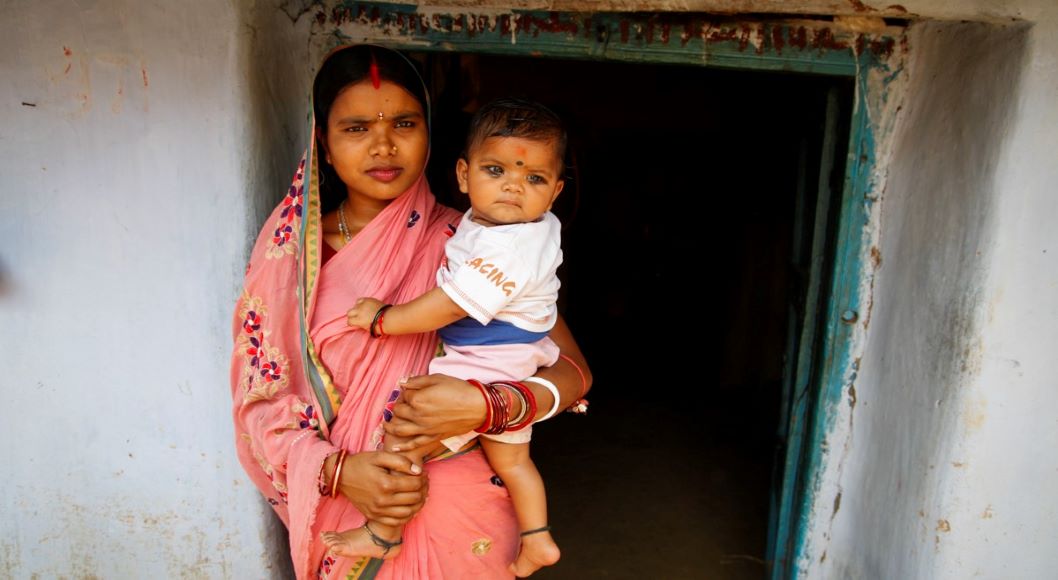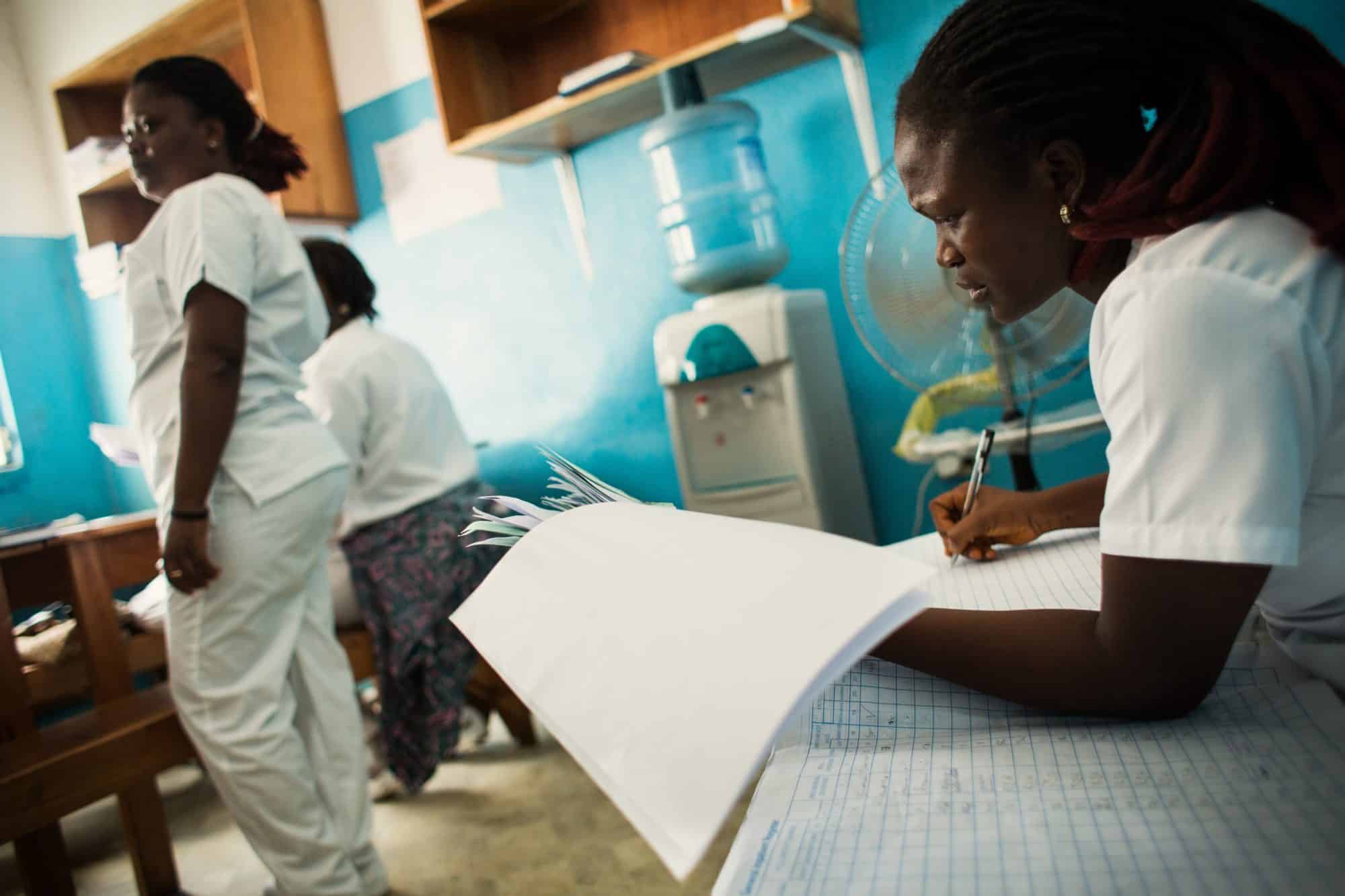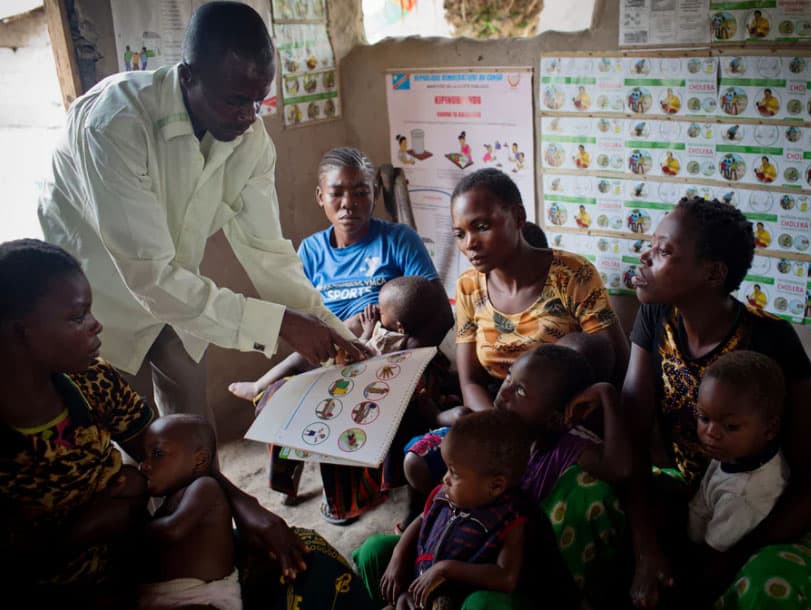From 2008 – 2014, the Maternal and Child Health Integrated Program (MCHIP) worked in more than 50 countries in Africa, Asia, Latin America, and the Caribbean to improve the health of women and their families. USAID’s flagship maternal and child health program, MCHIP's vision was to accelerate the reduction of maternal, newborn, and child mortality in USAID priority countries facing the highest disease burden.
MCHIP supported programming in maternal, newborn and child health, immunization, family planning, nutrition, malaria, and HIV and AIDS. Across these areas, MCHIP catalyzed integration of programs and services.
Using data-driven approaches, MCHIP helped countries determine which innovations would yield the most impact in reaching the Millennium Development Goals (MDGs) and supported capacity building and health systems development to take those interventions to scale. MCHIP addressed the barriers to accessing and using key evidence-based interventions across the life stages—from pre-pregnancy to age 5—by linking communities, primary health facilities, and hospitals. MCHIP strengthened government health systems, nongovernmental organizations, and other local partners. Parallel to strengthening central and district level health teams, MCHIP engaged households and individuals not only as recipients of health services, but as key actors in health services implementation.
MCHIP’s impact has been significant. In six years, maternal, newborn, and child health services all increased dramatically: nearly 89 million children received DTP3 immunizations, 1.8 million childbirths were assisted by skilled birth attendants, more than 837,000 cases of child diarrhea were treated, 13 countries expanded postnatal and essential newborn care, and Helping Babies Breathe programs were launched in 25 countries. More than 4 million women were counseled on family planning and over 1 million women received active management of third stage labor. Fifteen countries introduced pre-eclampsia/eclampsia prevention and treatment initiatives and 24 countries expanded Kangaroo Mother Care. Furthermore, in MCHIP countries nearly 303,000 health workers graduated from USG-supported training programs.
JSI led MCHIP's work in the areas of child health, immunization, and pediatric HIV. The Maternal and Child Health Integrated Program was led by Jhpiego and included partners Save the Children, PATH, PSI, Broadbranch and JHU IIP. MCHIP was the follow-on project to BASICS and IMMUNIZATIONbasics, previous USAID global technical assistance projects which were also implemented by JSI and partners.
Read JSI's peer-reviewed journal articles from the Maternal and Child Health Integrated Program's groundbreaking work Routine Monitoring Systems for Integrated Community Case Management Programs: Lesson from 18 Countries in sub-Saharan Africa that appeared in the December 2014 Journal of Global Health
"Routine Immunization in India: A Perspective" in the Indian Journal of Community Health





